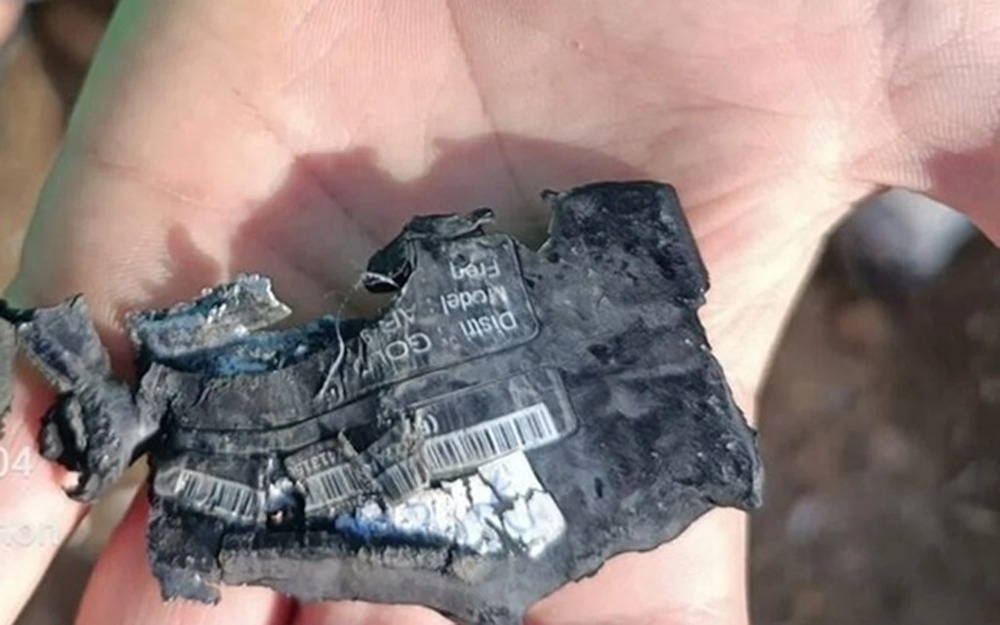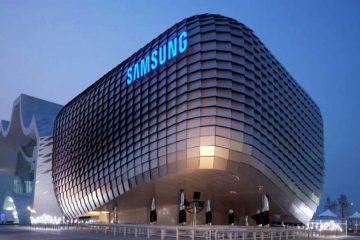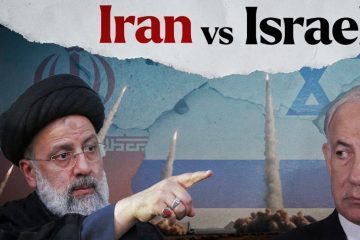The mystery of Hezbollah’s detonating pagers

The recent Israeli assault on Hezbollah, which resulted in the sabotage of thousands of pagers, has prompted a thorough investigation into the intricate supply chain associated with these devices. This inquiry has unveiled a complex network of obscure companies and individuals across Asia and Eastern Europe. The investigation into the origins of the manufacturing, sale, and distribution of pagers has led to several recently established companies. These entities exhibit minimal documentation of their operations and are managed by enigmatic individuals who maintain a nebulous online presence and possess scant experience in the telecommunications sector. For many years, Iran and the militant organizations it backs, including Hezbollah, have employed shell companies throughout the Middle East and Mediterranean to secure financing and resources while circumventing sanctions. Israel has subsequently established its own covert networks to penetrate the supply chains utilized by Iran and the militant factions it supports.
Tuesday’s attack represents one of the few instances in which Israel appears to have infiltrated Hezbollah’s communications supply chain, according to an individual knowledgeable about Israeli operations overseas. “However, this marks the first occasion it concluded with such a dramatic flourish,” he remarked. Sources familiar with the operation indicated that Israel disrupted Hezbollah’s supply chain and infused the batteries of the devices with explosives. The devices were subsequently detonated from a distance. Hezbollah has initiated an inquiry into the disruption of its supply chain.
Who was responsible for the development of pagers? The origins of the pager trail emerged in Taiwan last week, following the discovery of a label on one of the devices that detonated in Lebanon, revealing it was manufactured by Gold Apollo, a Taiwanese firm. Following the arrival of reporters at the company’s offices shortly after the attack, the firm stated that it had not manufactured the pagers. The rights to manufacture them have been acquired by a relatively obscure Hungarian firm known as BAC Consulting.
On Wednesday, prosecutors in Taiwan initiated an inquiry to ascertain potential connections between Gold Apollo and the recent attack. On Thursday, national-security investigators called upon two executives from Gold Apollo and BAC Consulting, which conducts operations in Taiwan under the name Apollo Systems. On Thursday, officials conducted raids at the offices of both companies across four locations in Taipei. Gold Apollo has refuted any connections to the assault. The prosecutor’s office stated on Friday that there is no specific evidence indicating any involvement of Taiwanese individuals in the terrorist blast attack.
Apollo Systems has been leasing a co-working space in the Taipei region since April, at a cost of approximately $90 per month, as reported by the Taiwan Asset Management Corp., the entity overseeing the office facilities. The firm was established in Taiwan in April, engaging in activities such as the sale of telecommunication equipment, as well as consulting and translation services.
In Hungary, BAC Consulting was established in 2022 to engage in a diverse array of business activities, encompassing the sale of telecommunications devices and the production of computer games. Situated in a tranquil residential neighborhood of Budapest, the capital of Hungary, the company reported sales of approximately $600,000 last year. Only a single individual was recorded as both the exclusive employee and chief executive, a woman by the name of Cristiana Bársony-Arcidiacono, whose background is intricate and diverse. Bársony-Arcidiacono’s LinkedIn profile characterizes her as an expert in evaluating funding for the European Commission. The account indicates that she completed an internship at the International Atomic Energy Agency during the period of 2008 to 2009. Bársony-Arcidiacono failed to provide a response to inquiries for comment. Individuals familiar with Bársony-Arcidiacono characterized her as a somewhat enigmatic presence, frequently emerging for periods before subsequently vanishing. In Budapest, associates of Bársony-Arcidiacono reported that she possessed a limited proficiency in Hungarian, had a penchant for drawing, traveled frequently, and had not been observed since the beginning of the year. By the middle of the week, BAC Consulting’s website was no longer accessible.
Zoltán Kovács, spokesperson for the Hungarian government, stated that the firm operates as a trading intermediary. He stated that there was no manufacturing facility in Hungary and that the pagers had never been present in the country.
A Hungarian media outlet, Telex.hu, has reported that a Bulgarian company, Norta Global Ltd., sold pagers to Hezbollah. The Bulgarian authorities swiftly initiated an investigation into the firm, which was established in Sofia by a Norwegian national in April 2022, just a month prior to the registration of BAC in Hungary. Subsequently, Norta Global has remitted a total of 1.6 million euros, or approximately $1.8 million, to BAC Consulting, as reported by sources acquainted with the Bulgarian inquiry. The Bulgarian state security agency has stated that no pagers similar to those detonated in the past week were produced, imported, or exported within Bulgaria; however, it is currently examining the company’s potential involvement. The firm is categorized under “technological project management” in Bulgaria’s corporate registry. However, there is scant evidence to indicate that Norta Global had a significant presence in Bulgaria.
The company lacks any publicly listed employees and shares its registered address in central Sofia with approximately 200 other firms. The corporate email address is utilizing a complimentary Bulgarian email service provider. The registered phone number is Norwegian and directed immediately to voicemail. In the previous year, the firm reported revenues of approximately $750,000 derived from consulting operations, as indicated by the registry’s data, yet it recorded no profit.
The company’s website was taken offline as of Thursday. An archived version promoted offerings such as consulting, technology integration, recruitment, and outsourcing services. “Are you in search of a nimble enterprise to facilitate your success or to identify the technological solution that perfectly aligns with your needs?” The website proclaimed, “Search no more.” Bulgaria’s security agency reported that the company did not engage in financial activities subject to antiterrorism regulations and had no commercial relationships with sanctioned individuals.
Norta Global is led by a Norwegian national identified as Rinson Jose in corporate filings. Jose is identified as a “entrepreneur” on a LinkedIn profile bearing the same name, associated with NortaLink, a technology consulting firm based in Oslo. The URL of the website is presently inactive. On Thursday, the police in Oslo announced the initiation of an investigation into the matter. Norta Global and Jose did not provide comments in response to inquiries.










